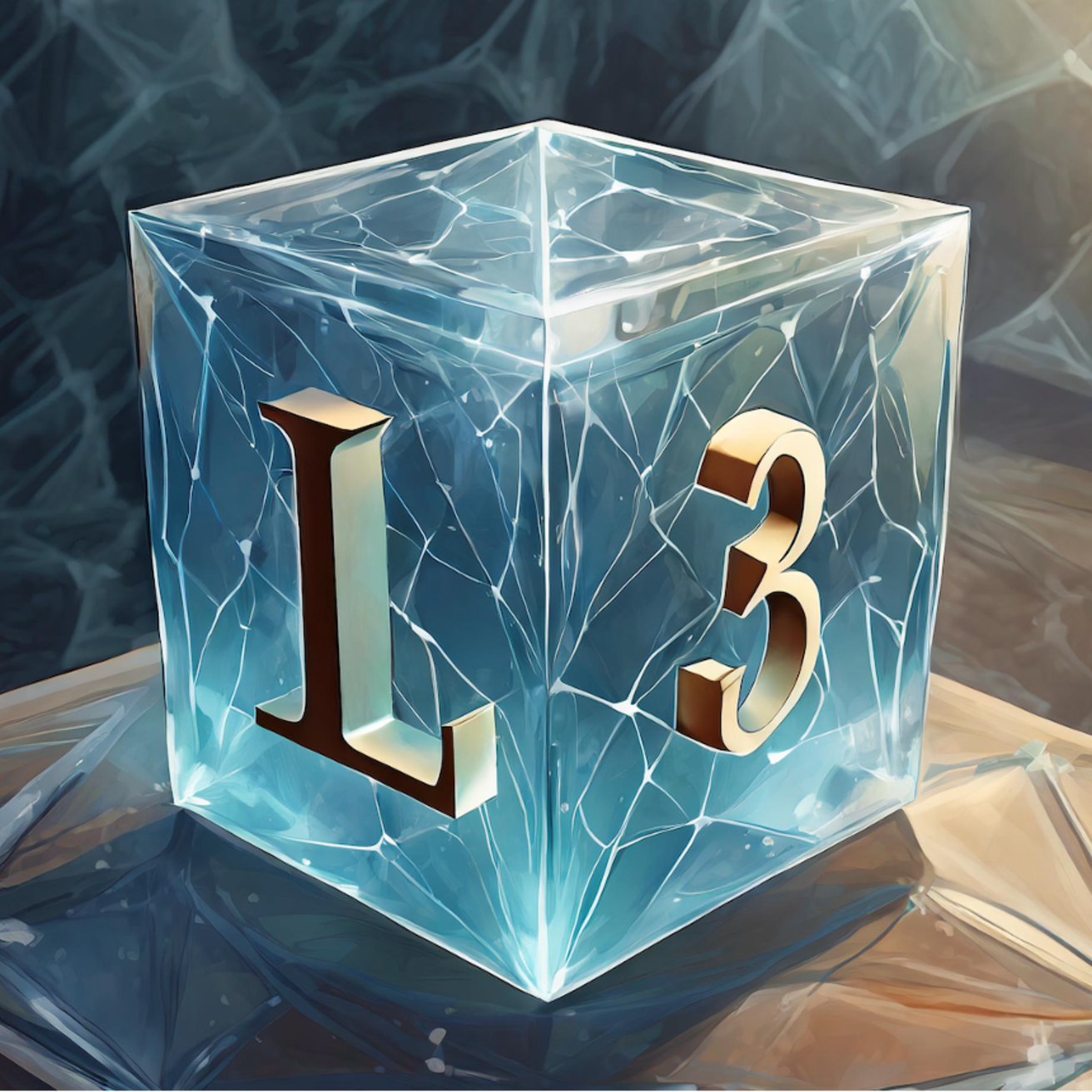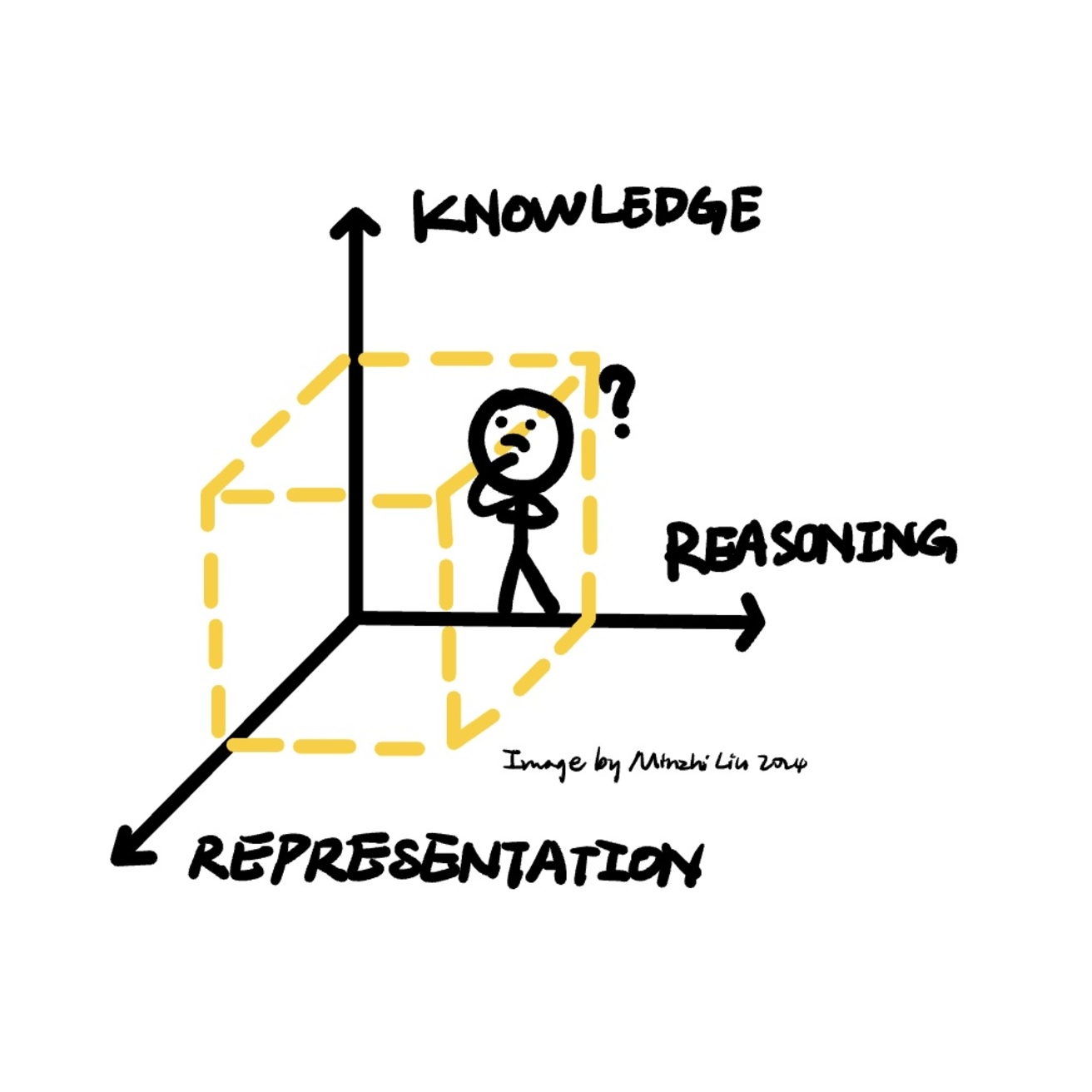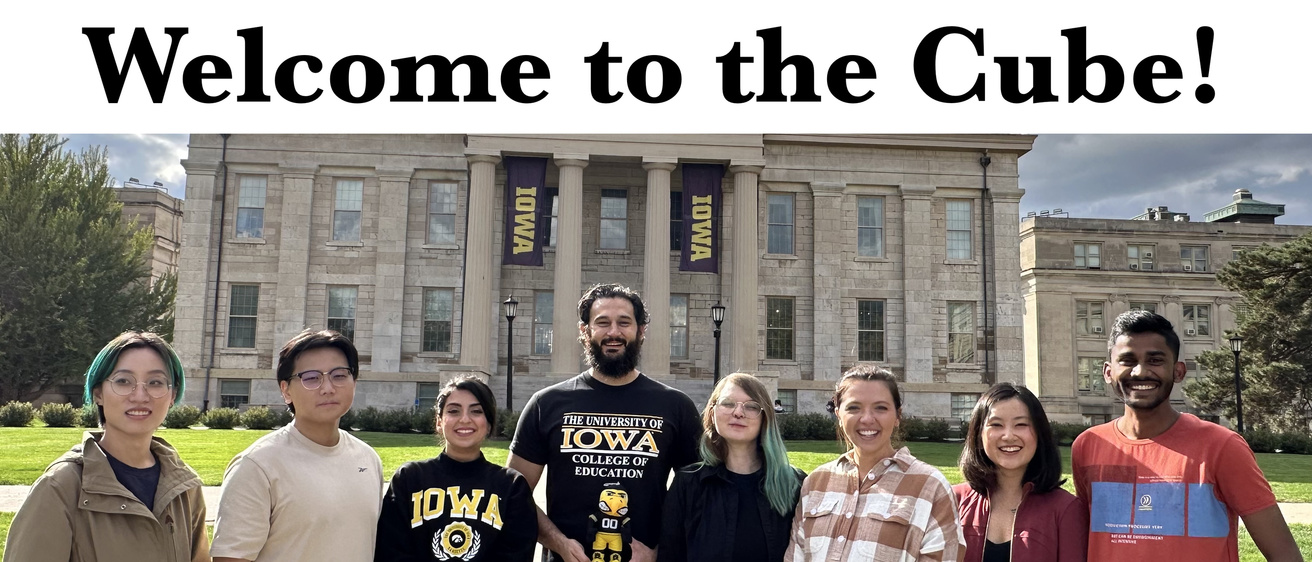Why is academic learning so often difficult?
One reason is that students must often undergo conceptual change or the radical restructuring of their knowledge. The Cube therefore seeks to solve three intersecting problems that respond to this overarching challenge posed to many students. First, learning in academic disciplines such as the natural sciences (e.g., biology or chemistry) often demands that students develop their mechanistic reasoning skills. Mechanistic reasoning demands from students something different from acquiring declarative or propositional knowledge. Students must go beyond simple definitions or cause-and-effect relations and instead build mental models of complex systems. To accomplish this task, students must shift from memorizing explanations toward reasoning about how the interactions between components of a system produce phenomena.
Second, learning in academic disciplines often demands that students develop their representational competence. Representational competence demands that students not just know about external representations (e.g., equations, graphs, diagrams), but that they reason with these representations to construct new understandings of natural phenomena. To accomplish this task, students must shift from passively encoding visual representations toward constructing, critiquing, and using representations to model phenomena.
- Third, learning in academic disciplines often demands that students engage in epistemic cognition. Epistemic cognition demands that students not just develop their disciplinary knowledge—they must develop their meta-cognitive awareness of their own assumptions about knowledge itself, its origins, limitations, and nature. To accomplish this task, students must shift from passively receiving knowledge as told unto them by a source (e.g., a teacher) toward reasoning about the reliability and veridicality of knowledge in science and in their own learning. Academic learning—especially in science—is so often difficult because students must develop all three of these of these skills at once and with little to no explicit instruction on any of them. The Cube’s goal is to build upon prior work in these three strands to determine how to bootstrap students into conceptual change, science engagement, and intellectual ownership.


